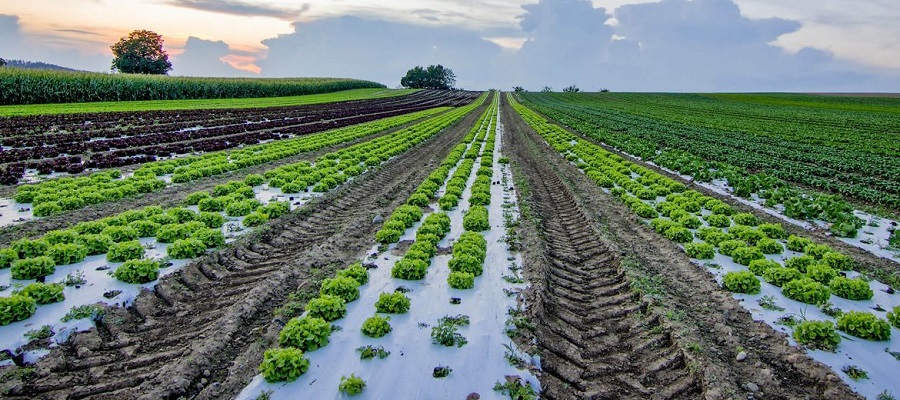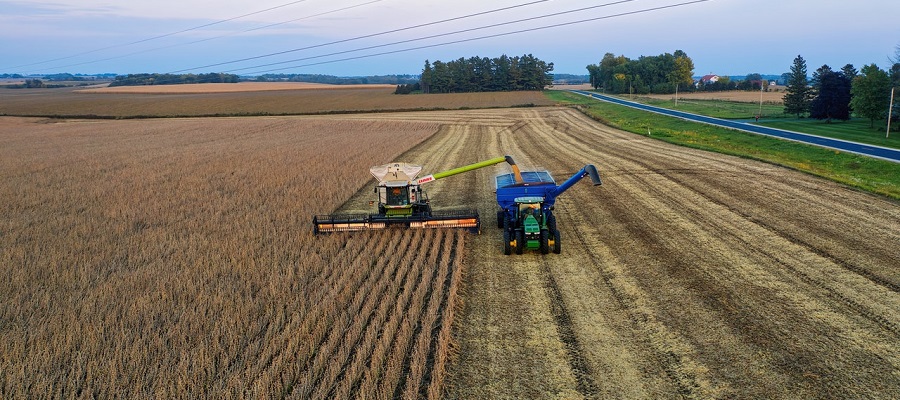Agricultural technology, often known as AgriTech, is the application of technology to agriculture, gardening, and seafood with the goal of increasing output, productivity, and sustainability. Agricultural technology refers to farm commodities, services, or technologies that enhance right to participation processes. Agricultural technology has evolved as a result of advances in agriculture, agronomy, and agriculture engineering.
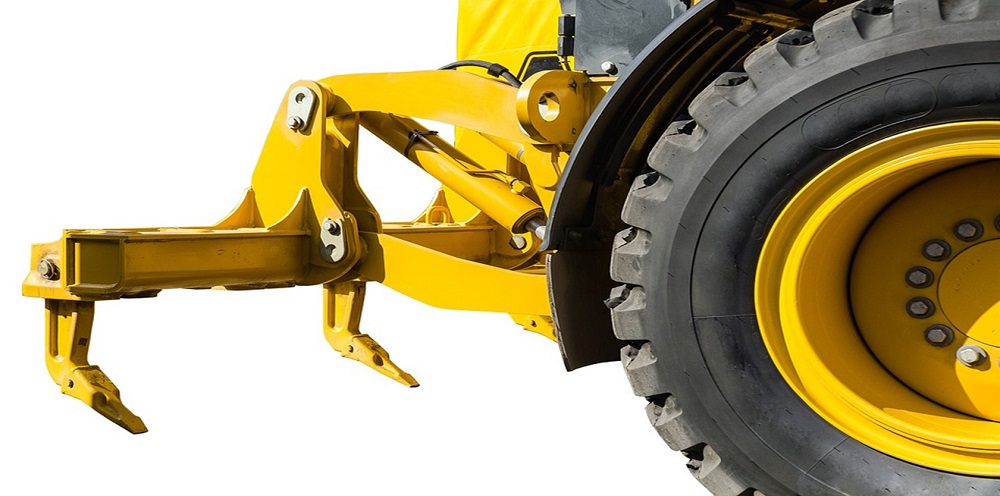
Source: pixabay.com
Major breakthroughs in agricultural technology occurred during the twentieth century, such as the creation of synthetic fertilisers and pesticides, as well as new farm equipment including such mass-produced tractors the farming aircraft allowing aerial pesticide application. Agricultural materials, genetically modified crops, enhanced drip irrigation, as well as soilless farming systems such as hydroponics, aquaponics, and aeroponics have all made significant breakthroughs.
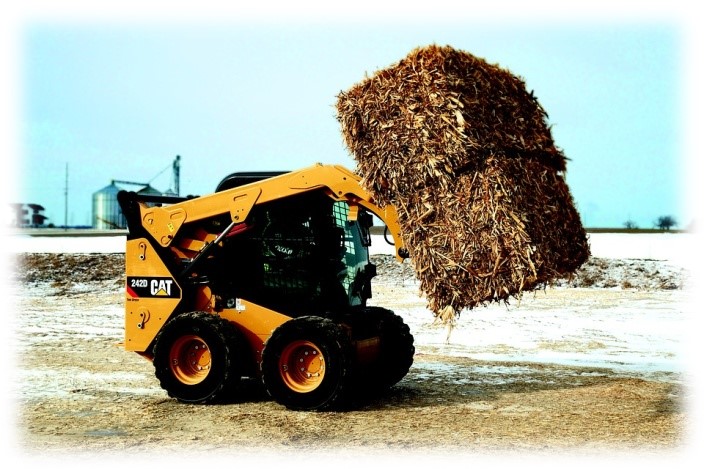
Source: pixabay.com
Modern farming and agricultural operations are significantly different from those of a few generations earlier, thanks to AgriTech advances such as sensors, gadgets, machinery, and telecommunications. Agriculture today employs advanced technologies such as robotics, weather and humidity sensor, aerial photographs, and Global positioning systems ( gps on a regular basis. Businesses can be more profitable, productive, safer, and ecologically friendly thanks to modern technology, precision farming, & robotic technology.
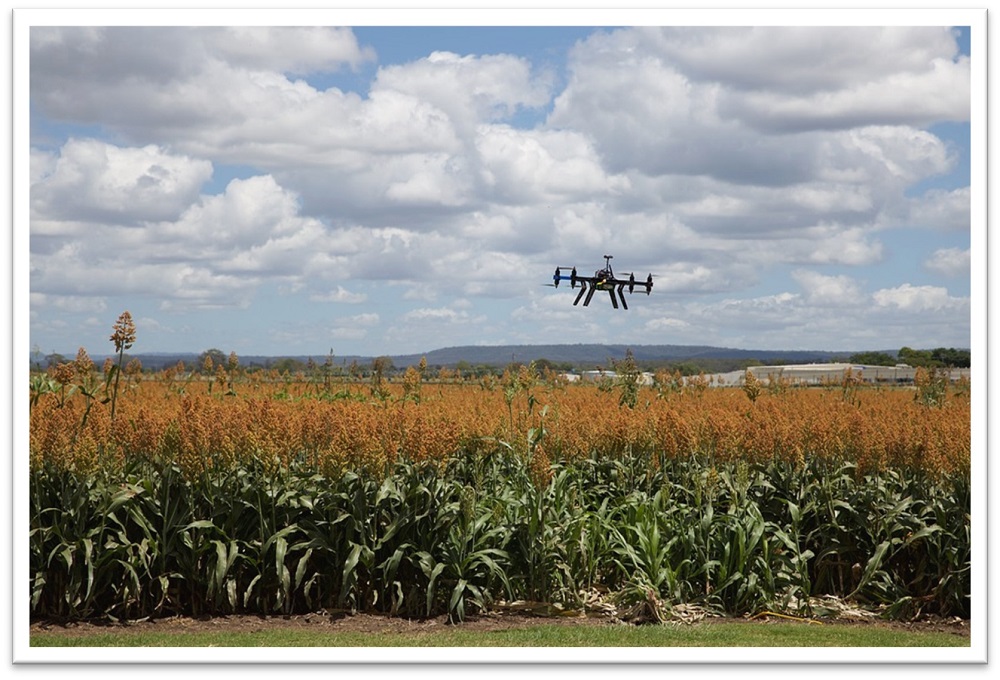
Source: pixabay.com
Types of Agricultural or farming technologies
• Bird and pest control
• managing of Birds or pest for good production
• Bird netting
• Telescopic photography and detectors
• Artificially intelligent research for diseases and pests prediction
• soil conservation, as well as other complicated analytical processes
• Artificially intelligent research for diseases and pests prediction
• soil conservation, as well as other complicated analytical processes
• Soil water sensors
• Biotechnology
• Hydroponic gardening
Agricultural Technology Significance
Farmers are no longer required to apply water, fertilizers, and pesticides to whole farms in a regular manner. However, they can even use the bare minimum of chemicals and focus on very precise locations, or even handle individual plants individually.
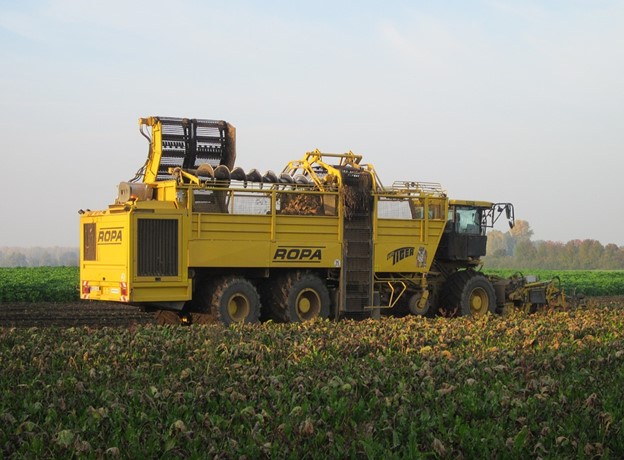
Source: pixabay.com
The following are some of the advantages:
• Increased crop yields
• Reduced usage of water, fertiliser, and pesticides, resulting in lower
• food prices.
• Natural habitats are less impacted.
• Less chemical discharge onto streams and ponds
• Enhanced worker protection
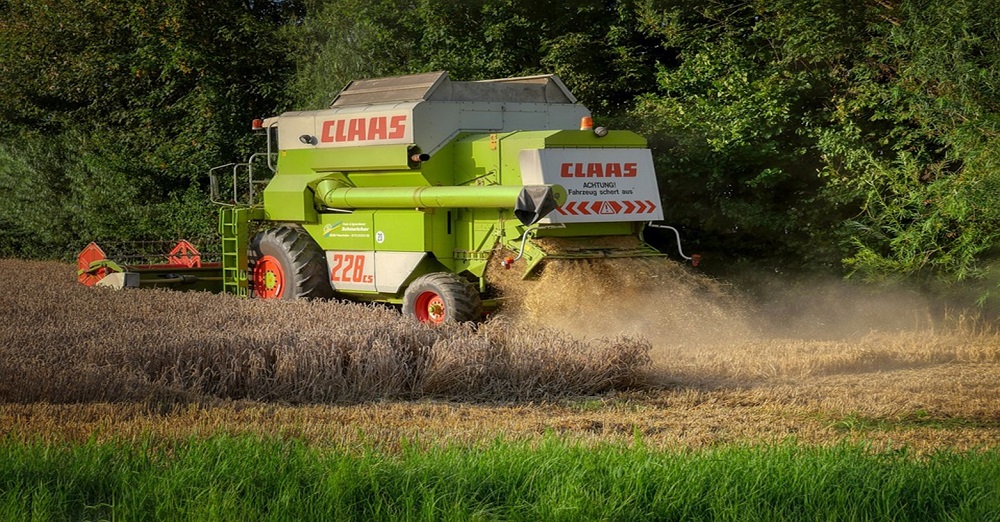
Source: pixabay.com
Furthermore, robotic systems allow for more accurate monitoring & management of the environment like water as well as air pollution. It also provides farmers more effect on the production, manufacturing, transport, & storage of plants and animals, resulting in:
• Lower pricing and more efficiencies
• Agricultural circumstances that are safer, as well as foods that are safer
• Economic and ecological effect is reduced.
The Impact of NIFA
NIFA improves AgriTech and guarantees that it is available to the country's agricultural businesses by assisting:
• Research & development inside the physical sciences, technology, and computer programming at the fundamental level
• Agricultural gadget, sensing, & systems engineering
• Applied study that examines ways to deploy technologies in a cost-effective and less disruptive manner.
• Farmers receive assistance and training about how to employ technological advances.
